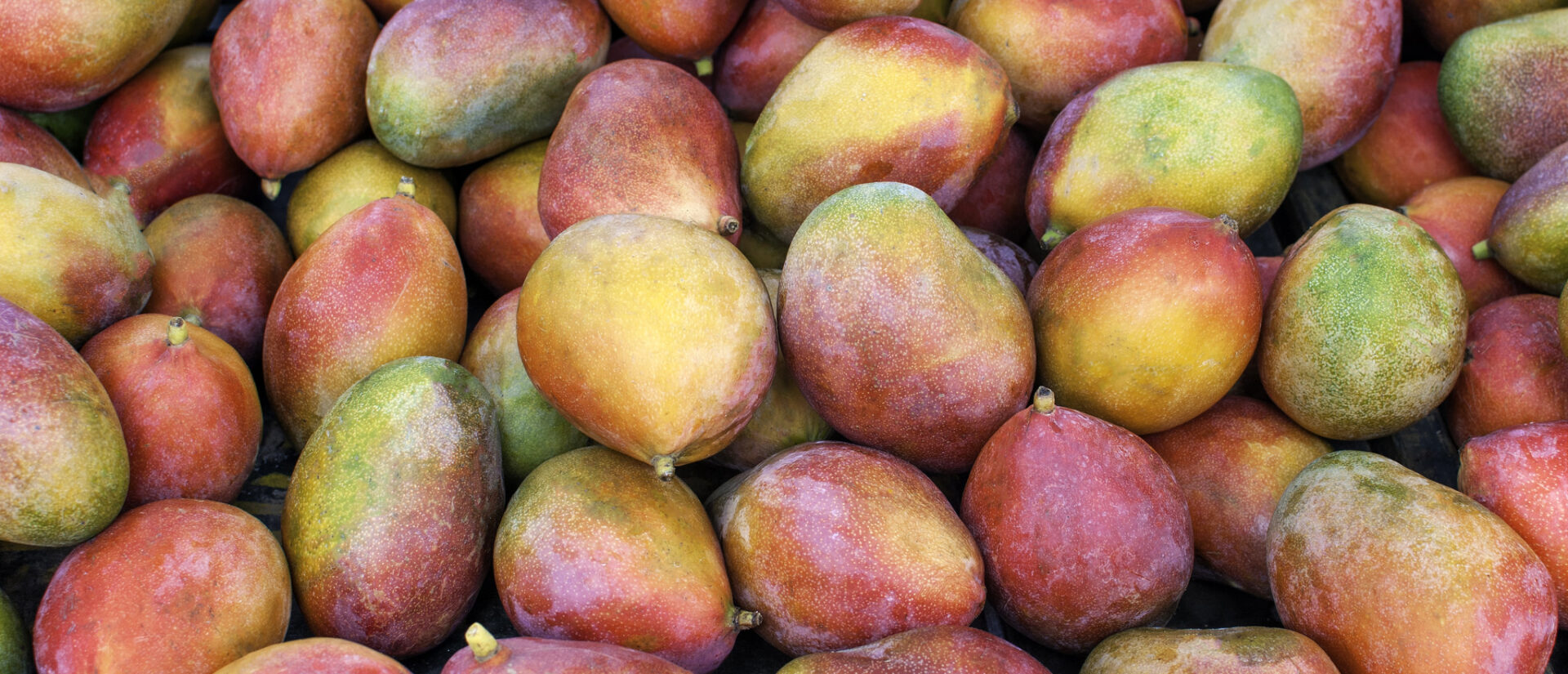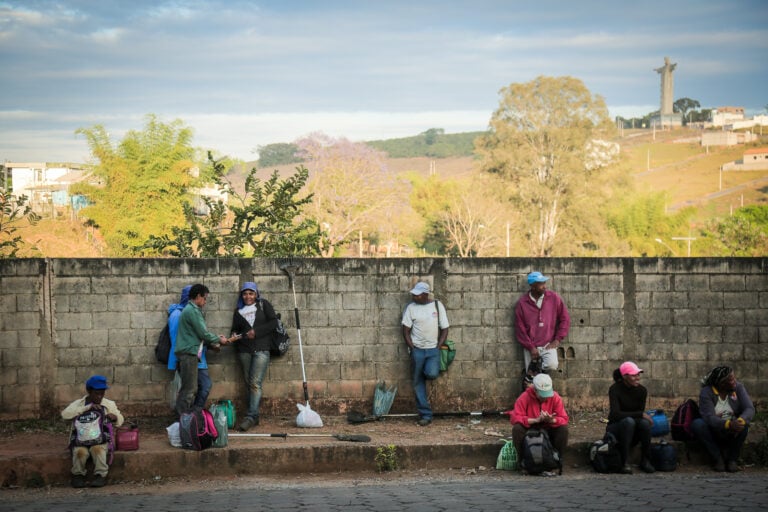
Initiative to improve the Food Supply Chain
Together with other NGOs in various international NGO coalitions with representation in most EU member states SOMO, the Centre for Research on Multinational Corporations, has been addressing unfair trading practices in EU food supply chains since 2009.
SOMO’s interest in UTPs relates to mitigating their potential and actual detrimental impacts on (smallholder) producers and workers especially in developing countries. The problem of UTPs and its detrimental effects on food supply chains have the gradually been acknowledged widely and linked to increasing power imbalances. SOMO and allies have been advocating for a legislative approach with strong EU coordination to effectively counter UTPs and have made a number of recommendations to this end in 2014. SOMO therefore welcomes the EC’s serious consideration of this type of action in the form of the EU regulatory framework which it outlines in Option 3.
More specifically SOMO thinks that the framework regulation should allow for an independent enforcement body that is able to receive anonymous complaints, keep information confidential and has the power and means to initiate ex officio investigations on the basis of information gathered that abusive trading practices have been applied. The body should also have the mandate to apply effective sanctions (including fines) to stop perpetrators from continuing to apply UTPs and be able to coordinate enforcement across the EU.
Many EU member states have now introduced a range of regulatory measures to counter UTPs. Whereas it is unclear yet whether these measures are always effective it is clear that there is no level playing field for victims of UTPs imposed by EU actors. When member states have policies for UTPs they differ to some extent from country to country. In the Netherlands for instance, there was a voluntary system analogous to the EU level voluntary and educational system the SCI. However, the pilot, as it was called, was stopped by the government meaning that there now is no formal instance at the national level where victims can hope to seek remedy. Without strong EU coordination and equal standards and enforcement in different member states there is the risk that UTPs continue to be applied from member states with laxer policies such as the Netherlands. In this context SOMO also likes to draw attention to its recent research on joint procurement by supermarkets in different countries in the form of international supermarket buying groups. The research shows that international supermarket buying groups create conditions that facilitate UTPs being applied to their suppliers.
See more on the website of the European Commission(opens in new window)
Do you need more information?
-

Sanne van der Wal
Senior Researcher
Download
Related news
-

-
Hungry for profits Published on:
 Vincent KiezebrinkPosted in category:Publication
Vincent KiezebrinkPosted in category:Publication Vincent Kiezebrink
Vincent Kiezebrink
-
 Modern slavery is still lurking in your coffee cupPosted in category:News
Modern slavery is still lurking in your coffee cupPosted in category:News Joseph Wilde-RamsingPublished on:
Joseph Wilde-RamsingPublished on:


